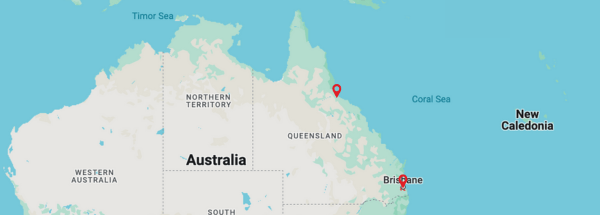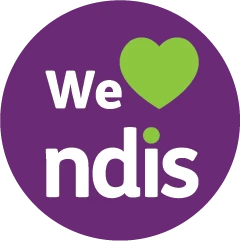Difficulties learning new words, speaking in sentences and following instructions can all stem from difficulties with language. Often children experiencing difficulties with language have a hard time paying attention in the classroom, learning to read and navigating social interactions.
Your child’s challenges may represent a delay in their speech and language development, a persistent language disorder, or language difficulties associated with another developmental condition such as autism. Our speech pathologists can perform a range of assessments to investigate your child’s language needs and abilities.
Language Difficulties, Language Disorder or Developmental Language Disorder
During a language assessment, the speech language pathologist will assess your child’s language abilities using a range of tasks designed to measure skills in:
- Use and understanding of vocabulary
- Ability to form and understand a range of sentences
- Use of grammar
- Production of speech sounds
- Ability to tell stories and share ideas and messages
- Skills in inferencing, predicting and problem solving
A language disorder may be present if your child has persistent difficulties using and understanding language that are impacting their day-to-day life. Language disorder is caused by a neurodevelopmental difference which impacts a young person’s ability to use and understand language across their lifespan.
A language disorder may be associated with another neurodevelopmental condition. It may also exist on its own – in this case it is referred to as Developmental Language Disorder (DLD).
Our experienced team will closely support you and your family to understand your child’s language needs and to access appropriate supports.
Speech Sound Disorder
Your child may have specific difficulties producing sounds making their speech difficult to understand. During a speech assessment, the speech language pathologist will use tasks designed to assess:
- The sounds your child can produce
- The types of errors they make
- Any difficulties moving their tongue, lips or jaw
A speech sound disorder may be present if your child has persistent difficulties producing a range of sounds. These difficulties may be related to the following:
- Phonology Disorder:
This occurs when your child produces patterns of errors involving whole groups of sounds. For example, they may leave sounds off the ends of words, or be unable to produce sounds made in the back of their mouth. - Articulation Disorder:
This occurs when your child has difficulty producing individual speech sounds. For example, they may have mastered many sounds but are unable to produce ‘l, th, or r’. - Motor Speech Disorder:
This occurs when your child makes speech sound errors due to difficulties using the body parts or muscles required for speaking. - Apraxia of Speech:
This occurs when your child has difficulty coordinating the movements necessary to produce speech.
- Phonology Disorder:
Your speech language pathologist will work closely with you and your child to understand their speech needs and to access appropriate supports.






